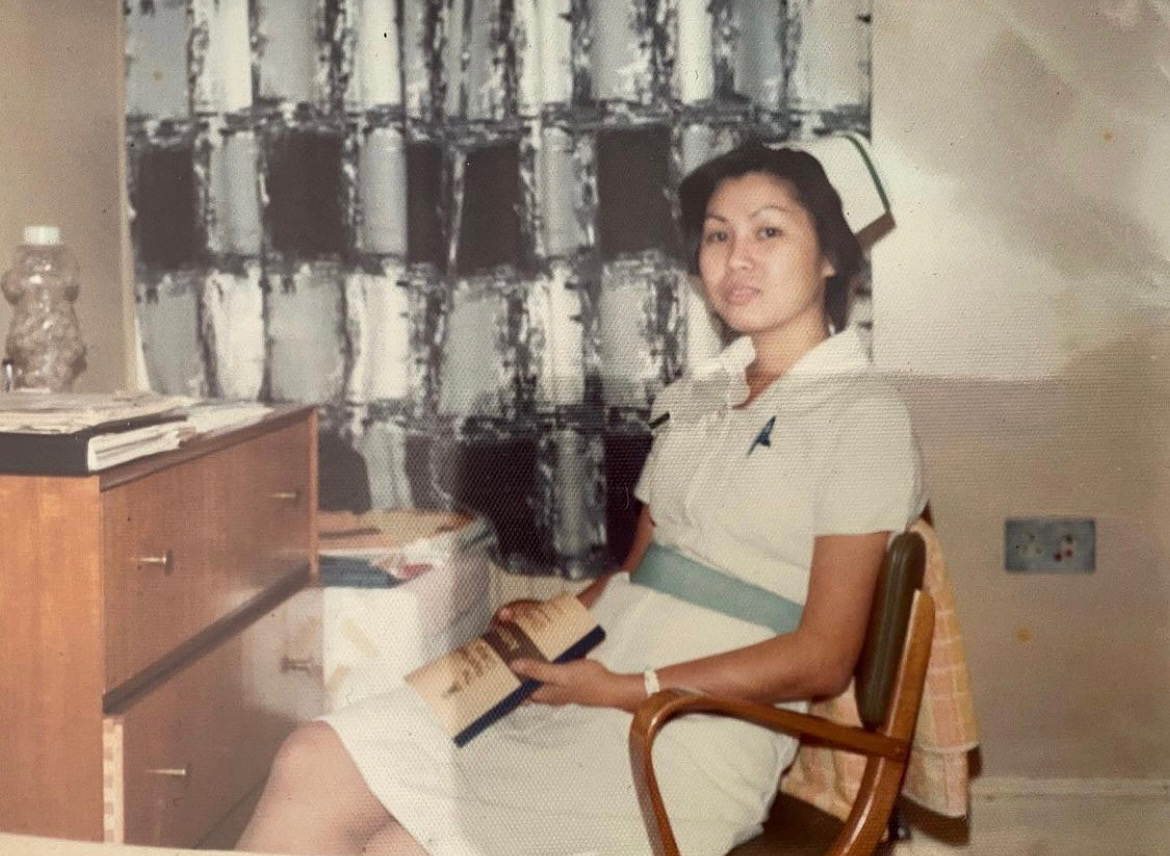I was born in India, in a city called Howrah. I grew up there, mainly on the campus of the Engineering College, where Dad was a professor. My schooling and undergraduate medical education was in Kolkata and after that, I did my postgraduate degree in Mumbai.
I was just under 30 when I went back to Kolkata with my wife, who was also a paediatrician. At that time, in the early 90s, many people would come to the UK for some training and most people would then go back after spending 3 or 4 years in the NHS. We were having a conversation with my father, and while we had no intentions of coming to the UK at the time, he was very keen for us to as he had done his PhD in the 1950s in Sheffield. To him, it was a great experience of training, education and generally broadening horizons. A few days after this conversation, he was in the middle of teaching and suddenly died of a massive heart attack. It was such a huge shock and what he had been telling us about moving to the UK really stuck with us: we decided to pursue it.









